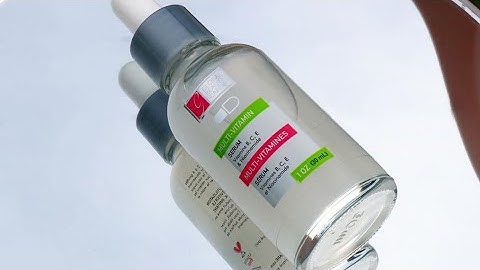Battery acid is dangerous because it contains sulphuric acid, a highly toxic and corrosive chemical. Show Sulphuric acid can cause severe skin burns and even blindness if it gets in contact with your eyes. Ingesting battery acid can damage the inner lining of the digestive tract, while inhalation may result in breathing difficulties. Read on to find out more about the dangers of battery acid.
Is battery acid dangerous?Yes, battery acid is very dangerous as it contains sulphuric acid, which is highly corrosive even at relatively low concentrations.
Being highly corrosive means battery acid can damage living tissue like skin, the inner lining of the digestive tract, and our respiratory system. If battery acid gets in contact with your eyes, it can cause sight problems and potentially blindness. InhalationInhaling sulphuric acid fumes can trigger a reaction in the lung tissue that causes the alveoli and air passage to constrict, which can lead to breathing difficulties. It can also cause dizziness and nausea as the brain’s oxygen supply is depleted. Other symptoms may include drooling and swelling of the throat and mouth. Inhalation is less likely to be a risk under normal circumstances because sulphuric acid is not highly volatile. However, high temperatures may cause the acid to evaporate into fumes, thereby increasing the chances of inhalation. If someone does inhale battery acid, make sure they’re properly ventilated and immediately take them to hospital for treatment. Contact with the skin or eyesAs battery acid is highly corrosive, it can cause severe burns if it gets onto the skin or into the eyes. In this case, you should thoroughly rinse the affected part with running water and seek medical advice.
 |

Related Posts
LATEST NEWS
Populer
About

Copyright © 2024 ShotOnMac Inc.




























